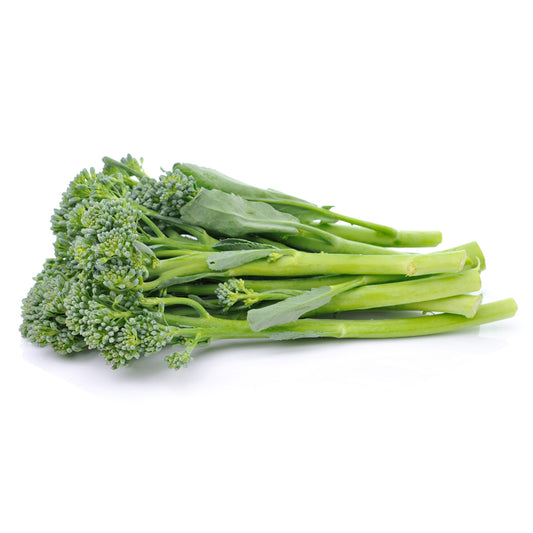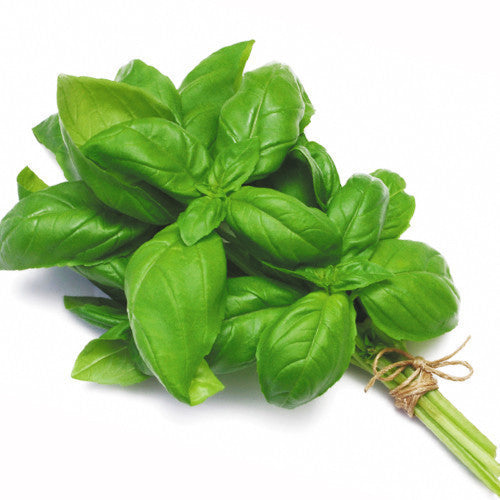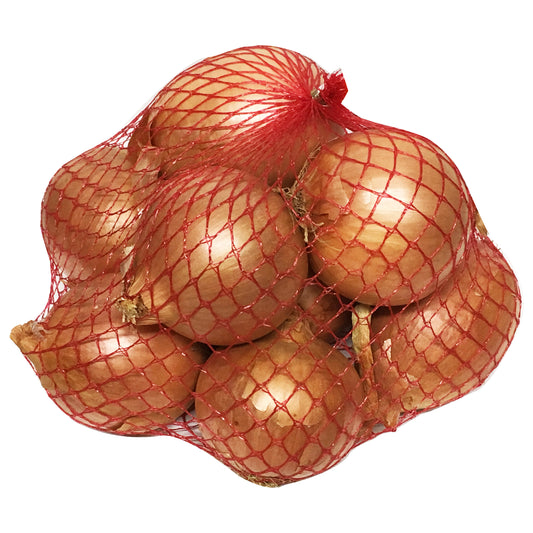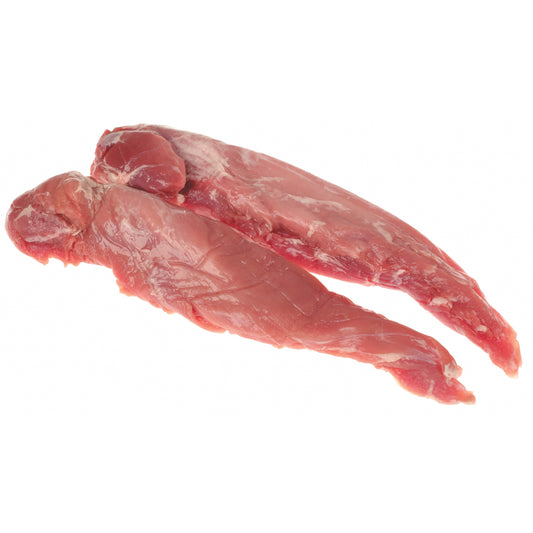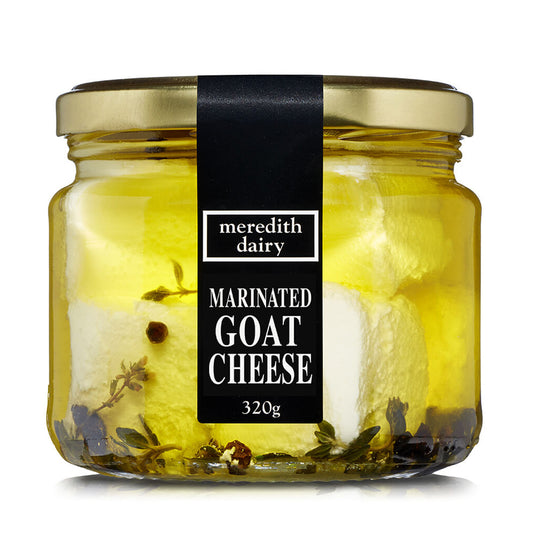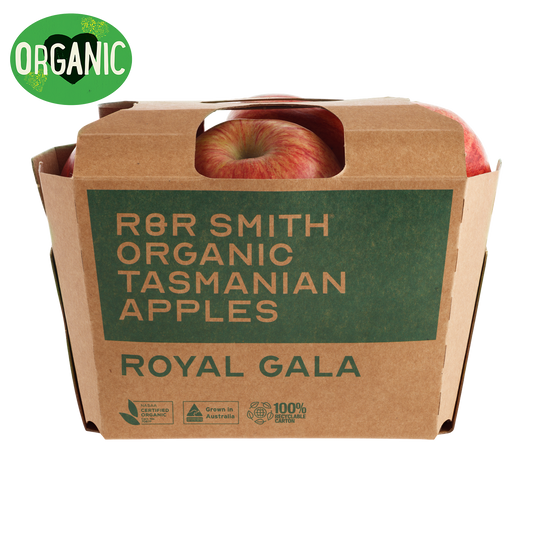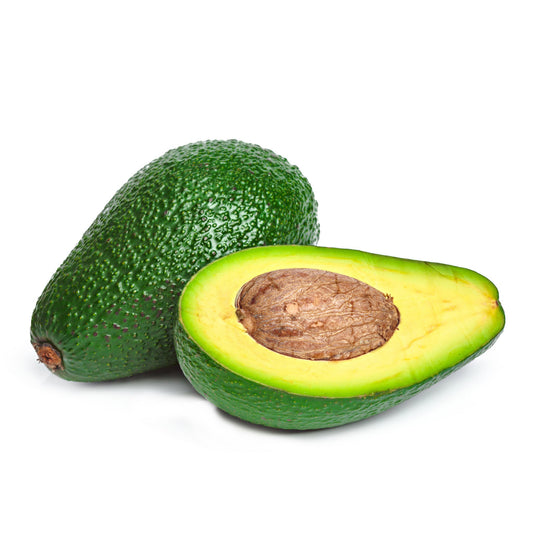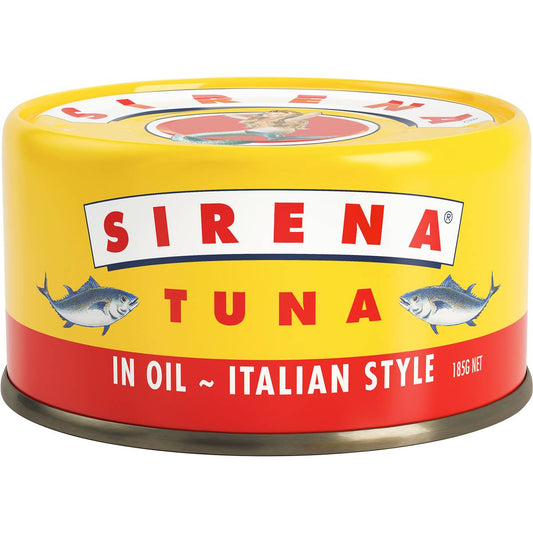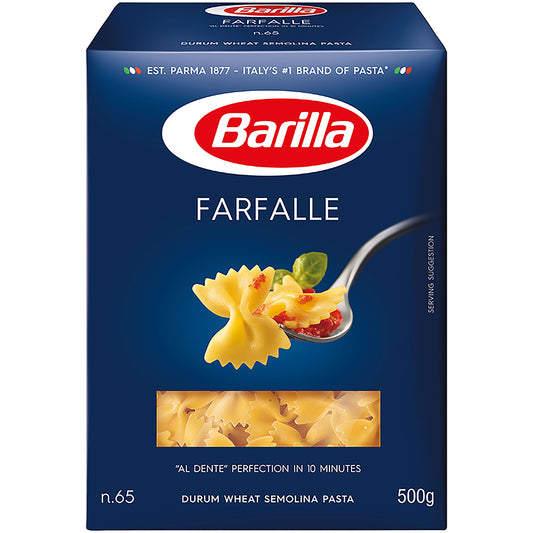
Do you struggle to stay on top of your health or maintain a healthy weight? Have you tried every diet, meal plan and magic pill under the sun? The reality is that long-term healthy eating is about making small changes to your diet and lifestyle that can help you reach your goals and leave you feeling satisfied and energised.
1. Ditch the diet
It may sound strange, coming from dietitians, but diets don’t work! Diet and stress go hand-in-hand, which has a snowballing effect on mood, sleep, weight, fertility and overall general wellbeing. Setting ‘rules’ about what you can and can’t eat takes the enjoyment out of eating. Rather than cutting out whole food groups or denying yourself your favourite foods, focus on cooking fresh, colourful and tasty meals using locally sourced ingredients where possible.
2. Plan, prepare and store healthy foods
The old saying is true ‘If you fail to plan, you plan to fail’. We are all busy, whether it’s work, school, exercise, household chores but our health is just as important as these aspects of our life so it makes sense to make time for it too! Taking the time to stock the pantry with the right foods, as well as preparing meals in advance is crucial to keeping the kilos in check. We recommend that you sit down, plan your meals for the week, make a list of the relevant ingredients and - most of all - stick to the list when you get to the supermarket!
3. Don’t skip breakfast
We know we sound like a broken record saying this, but did you know that breakfast is the most important meal of the day? There’s a reason health specialists drone on about how important this is – that’s because the science supports it! Breakfast eaters are less likely to be overweight or obese and are more likely to meet their vitamin and mineral requirements compared to those that don’t eat breakfast. Eating a healthy, balanced breakfast such as muesli, yoghurt and fruit or eggs on toast will help to fuel your body for the day, meaning you’re less likely to end up grazing on high energy, processed foods throughout the day.
4. Snack healthy
Snacking is the evil arch nemesis of every person trying to improve their eating habits. Again, preparation is key! We recommend always having some healthy snacks in your pantry, handbag or at your desk to avoid a 3pm venture to the vending machine. Our favourite go-to snacks include Greek yoghurt, a handful of unsalted nuts, fruit, veggie sticks and dips and cheese on wholegrain crackers.
5. Pump up the protein
Even if you’re a vegetarian, a good source of protein is essential at every meal. Protein helps to keep you feeling full and is crucial to various bodily functions such as muscle repair, boosting our immune system and producing hormones. When it comes to protein, foods like chicken, fish, lamb and beef tend to spring to mind first but don’t forget foods like milk, eggs, yoghurt, tofu, nuts, seeds and legumes are all great sources of protein.
6. Switch to wholegrains
Wholegrains are packed with nutrients and are far better for you than their refined ‘white’ counterparts. Wholegrains take longer for the body to break down which means you’ll feel satisfied for longer. Trying swapping the following:
- White rice for brown rice or bulgur or quinoa
- White bread for wholegrain, brown or seed bread
- White pasta for wholemeal pasta
7. Swap the fat
Dietitians actually consider fats to be healthy - as long as it’s the right type of fat, such as unsaturated, healthier fats. Generally speaking, the unhealthy fats are animal fats (fatty cuts of meat, full fat dairy and foods made with butter and ghee). Swapping to leaner cuts of meat, reduced fat dairy and less processed foods will improve your blood cholesterol and reduce your risk of cardiovascular disease. Foods such as nuts, seeds, avocado and oily fish all contain great sources of these healthier fats.
8. Make friends with legumes
Legumes (e.g. chickpeas, kidney beans, lentils) are packed full of fibre to keep your bowels healthy. They have a low GI, which means they are broken down more slowly so you feel fuller for longer and are also a great source of protein. Legumes are one of our favourite food picks and are extremely affordable so are great for both the hips and the hip pockets!
9. Slow down and be mindful
A huge part of healthy eating that is often overlooked, is eating mindfully. This is all about turning off distractions (e.g. TV, mobile phone, books), slowing down and tuning in to your tastebuds so you enjoy every mouthful. It might seem strange but our brain and our gut are in constant communication, so if you’re brain is distracted whilst you’re eating you may not get the memo that you’re full and are more likely to overeat.
10. Use smaller bowls, plates and utensils.
These days, it can be hard to know what a healthy portion size is. Unfortunately, our eyes and stomachs have become accustomed to heftier helpings! . A simple solution to help you manage your portions is to swap to smaller bowls, plates and utensils. Research shows that we struggle to leave vacant space on our plate - so make things easier for yourself and downsize!

